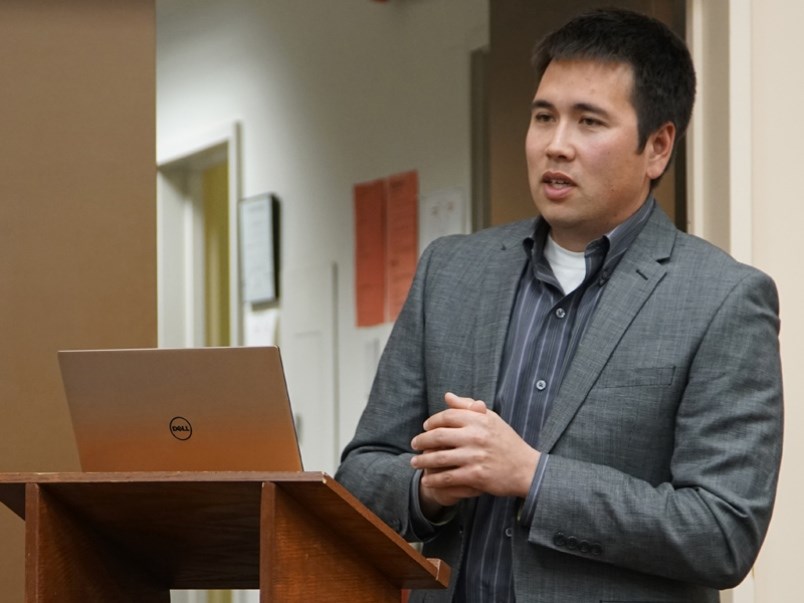City of Powell River Council will give consideration to its annual property tax rates in May, which if approved, would mean a 4.7 per cent increase for the average residential property over the 2019 assessment.
At the April 29 council meeting, chief financial officer Adam Langenmaier outlined the proposed tax rate bylaw for the city.
Langenmaier said in Powell River, two forms of taxation are assessed: the variable rate, which uses the assessed value of a home as its basis, and the flat tax. He said the city also collects on behalf of other governments and agencies, such as qathet Regional District, Powell River Regional Hospital District, School District 47, BC Assessment Authority and Municipal Finance Authority.
He said one of the things he wanted to bring up with regard to COVID-19 is that the timing for the payment to most other authorities has not changed significantly. According to Langenmaier, transfers to the regional district and regional hospital district have to be made by August. However, the provincial government has extended the payment time for school taxes, which is a significant benefit to the city’s cash flow.
“If we see people take advantage of the property tax deferral, we are going to need a bit of cash up front,” said Langenmaier. “This will help ease our tax situation in the July, August, September period.”
Langenmaier said the proposed tax bylaw identifies the mill rate, which is charged per $1,000 of assessed value. He said there are two city rates in this year’s proposed tax bylaw. There is a general municipal rate and the municipal debt rate, which identifies the debt associated with the liquid waste treatment plant. He said that rate will be adjusted as new borrowing comes online to cover the exact debt servicing cost of the debt associated with the liquid waste treatment plant.
“This was put forward to ensure it is clearly identified what it is,” said Langenmaier. “The impact will be shared among assessed value versus a flat fee to property owners in the city.”
The city has borrowed $10 million from the Municipal Finance Authority to proceed with the project.
Councillor George Doubt, chair of the city’s finance committee, said looking at the two tax rates, if they are added together, they come to a 4.7 per cent tax increase on an average property. Langenmaier said that is correct. Doubt said utility rates in the city this year are remaining the same with no increase and Langenmaier said that is also correct.
Doubt said with regard to the school taxes, the city collects approximately $5 million, and now does not have to pay that to the school district until the end of the year.
“That’s almost like being able to borrow, interest-free, $5 million between July and December 31,” said Doubt. “That’s one of the things the provincial government has given the city is that ability to get over cash flow problems.”
Councillor Jim Palm said he wanted to clarify, once and for all, the overall tax rate.
“Right now, through our cost saving on our loan (for the wastewater treatment plant), that lowers our overall tax rate that we are asking citizens to pay to 4.7 per cent from 4.8 per cent, correct?” asked Palm. “There are two categories, general, and the liquid waste debt rate. Could you please clarify in my mind one more time how much on a percentage basis residents will be taxed this year?”
Langenmaier said it would be a 4.7 per cent increase over last year all-in for the average home, including the variable tax and municipal debt rate.
According to the proposed tax bylaw, the residential rate in dollars of property tax per $1,000 of taxable assessed value is $5.41 for general municipal tax, and the municipal debt rate is $0.15.
For business, the general municipal rate is $18.40 per $1,000 of taxable assessed value, and the municipal debt is $0.29.
Doubt said the report from Langenmaier was for information, and that the bylaw would come back for first, second and third reading at the next council meeting.



